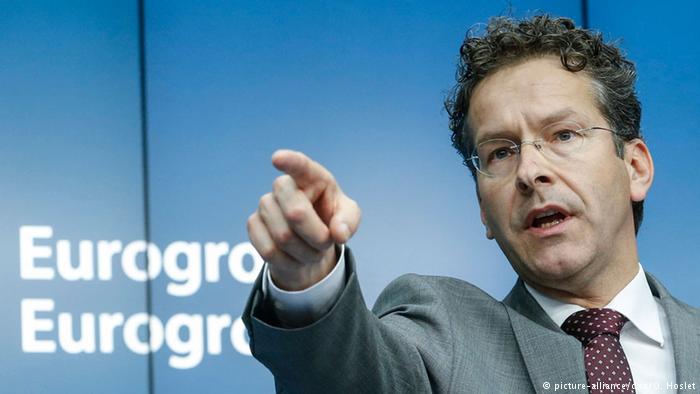The Eurogroup today is expected to approve the staff-level agreement between the Greek government and its creditors, in the context of the ongoing third evaluation of the country’s bailout programme.
What remains is for the government to pass into law all the related, conditional measures, so that at a 22 January Eurogroup meeting a political agreement can be reached in order for creditors to disburse the next loan tranche.
Finance Minister Euclid Tsakalotos is aiming to close the fourth and last programme evaluation between May-June, 2018, and he expects debt talks to come straight on the heels of the 22 January agreement.
Major welfare benefits increases
The agreement provides for an increase in benefits for low-income taxpayers with up to two children in the family, and the abolition of benefits for families with three or more children which have a family income of above 34,000 euros annually.
The document provides for a substantial increase in social welfare benefits. The government has earmarked 910 million euros in funding for family benefits, a 260 million euro hike over this year’s expenditures in the same area.
The monthly stipend for a one-child family will be 70 euros, compared to 40 euros today. For families with two children it will be 140 euros (compared to 80 euros today), and for families with three children it will be 280 euros (compared to the current 242 euros). For each child from the fourth on up, families will receive 140 euros a month.
The agreement sets aside 40 million euros for 130,000 daily school lunches, and an additional 15 million euros to fund 400 new child daycare centres in the next year.
There was also agreement on the rationalisation of tax office fines.
Also, from now on, when a business declares bankruptcy, the debts to workers will take priority over the business’s debt to banks. But the maximum payment will be 2.75 times the minimum salary, or 9,669 euros.
The government’s request to extend for one year a lower VAT tax rate for 32 islands of the northeastern Aegean and the Dodecanese is still pending.
Eurogroup elects new president
Eurozone finance ministers will today elect the next president of the Eurogroup, to succeed Jeroen Dijsselbloem.
The ministers will also discuss the ongoing third evaluation of the Greek programme and preparations for a eurozone summit.




